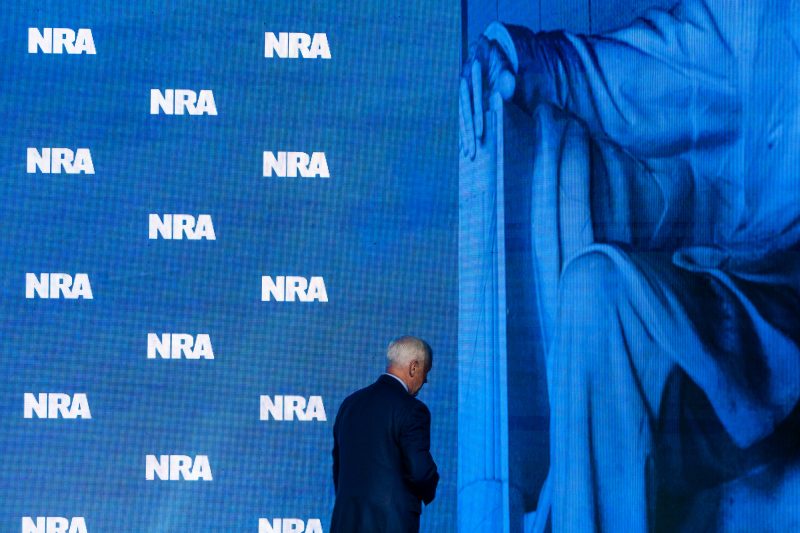The line that jumped out at me from The Washington Post’s report on a new political action committee aimed at promoting former vice president Mike Pence was this one:
“People know Mike Pence, they just don’t know him well. This campaign is going to reintroduce Mike Pence to the country as his own man.”
So predicts Scott Reed, one of the leaders of the “Committed to America” super PAC. And he’s obviously half right: People do know Mike Pence. The problem is that people — Republicans in particular — seem really unlikely to be convinced that what they know about him is incomplete or wrong.
Over the course of his time in the Trump administration, people gradually became more familiar with Pence. YouGov polling shows that, by 2020, only about 4 or 5 percent of the country didn’t have an opinion of him. Since he left the government, that’s increased a bit, with about 7 percent of the country now saying they don’t know enough to form an opinion.
Among Republicans, though, familiarity has consistently been higher. At one point shortly before the 2020 election, only 1 percent of Republicans said they didn’t know enough about Pence to have an opinion of him. Since 2021, Republican awareness has been slightly lower, tracking with the public overall.
Still, more than 90 percent of the country having an opinion about you is remarkable. Compare that with Donald Trump when he announced his candidacy in June 2015. Despite Trump being a television host and celebrity, fully a quarter of Americans didn’t have an opinion on whether they viewed him favorably.
So what do people think of Pence? Well, for most of his time in office, Republicans generally viewed him favorably. From January 2017 through December 2020, his average net favorability — the percentage who viewed him favorably minus those who didn’t — was at plus-75 with Republicans. His overall net favorability trended downward during that period because of increasing negative ratings from Democrats.
And then Jan. 6, 2021, happened.
In five polls conducted in the weeks after the attack at the Capitol, Pence’s net favorability overall was minus-9, down slightly from what it had been in the two months prior. Among Republicans, it dropped from plus-80 to plus-60.
More recently, Pence has fared even worse. In part this is because of the effect that Reed wants to offset: Trump has been bashing Pence repeatedly to Republicans as the former president tries to convince people that he deserved to remain in power. But it remains the case that in the past year, Pence’s average net favorability has been plus-32 with Republicans. (It’s been a far-better-than-usual minus-46 with Democrats, but that’s not going to do him much good either in the Republican primary in 2024 or the general election.)
You can see the problem for Pence on the chart below. In the immediate wake of Jan. 6, Pence was viewed unfavorably by an average of 16 percent of Republicans. In the past year, the average has been 30 percent.
And, again, that’s with more than 90 percent of Republicans having a perception of him.
Is it possible that a relentless focus on Pence’s conservative bona fides might push those unfavorable numbers down? Sure. But then we come to the next part of Reed’s quote.
“ … as his own man, not as vice president, but as a true economic, social, and national security conservative — a Reagan conservative.”
The idea, it seems, is to position Pence as a pre-Trump Republican. The reason Trump won, of course, was that he wasn’t that type of Republican. He brought Pence along with him in part because he wanted credibility with the subset of voters who still wanted that sort of politician (and because of Pence’s ties to the religious right). But then Trump reshaped the party around himself and pushed demand for a pre-Trump-style Republican even lower.
It’s possible that Pence will eventually opt not to run and that the super PAC will simply manifest that time-honored tradition of raising scads of money that’s then consumed on ads and consultants fees. It’s also possible that Pence does run and those ads will be put in service of aiding his effort to win the nomination.
I suppose it’s also even possible that Pence wins the nomination. If so, Reed and his allies will have been successful beyond the limited imagination I can conjure at the moment.








